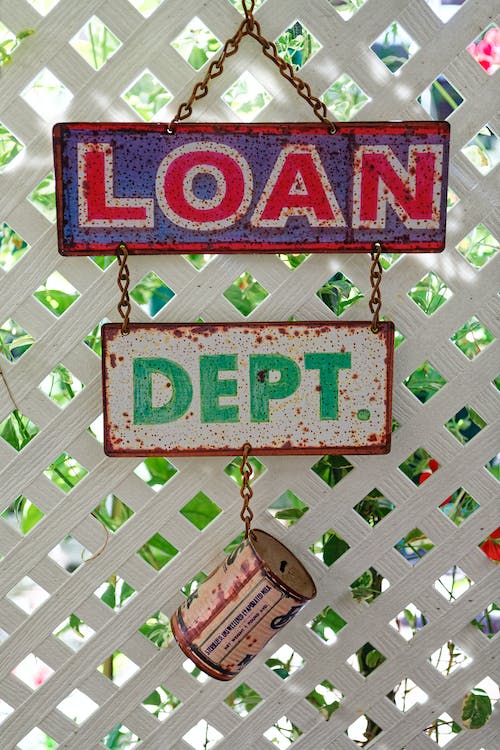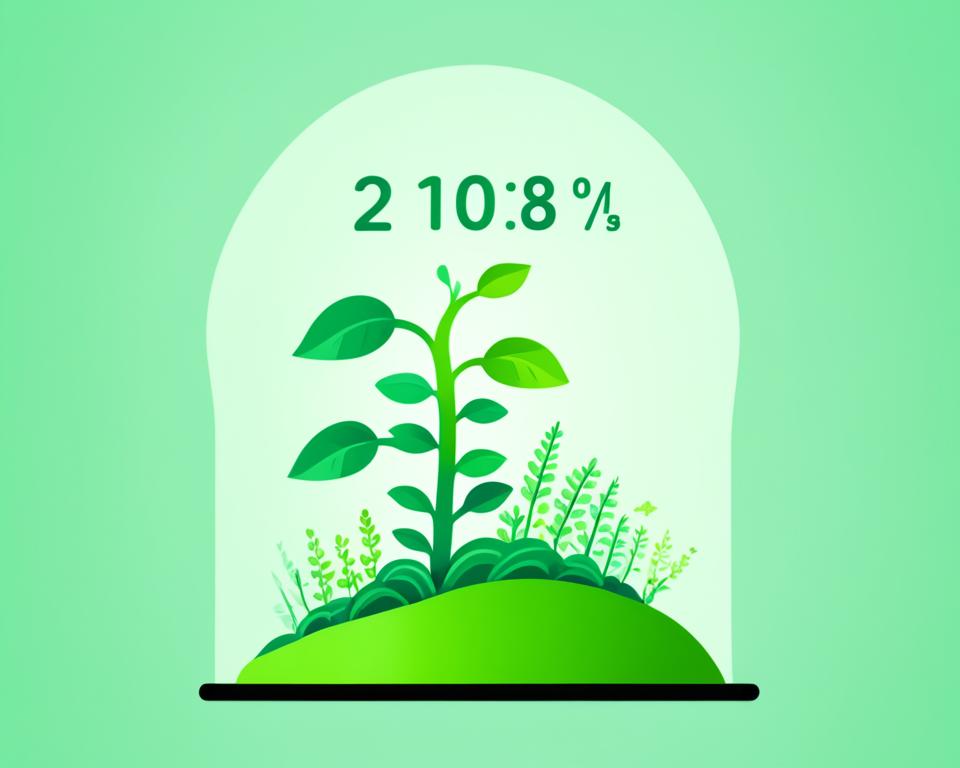Loan vs. Credit: Which Option is Best for Your Financial Needs?
When faced with financial needs, it’s important to understand the difference between a loan and a credit option. Each option offers unique benefits and considerations, making it crucial to choose wisely based on your personal circumstances.
Loans typically involve borrowing a specific amount of money that is repaid over a set period, often with interest. They are suitable for large expenses like buying a house or car, where you need a substantial amount upfront. On the other hand, credits give you access to a line of credit that you can use as needed. This option is beneficial for smaller, ongoing expenses or unexpected emergencies.
Now, which option is best for your financial situation? It depends on factors like the amount you need, your repayment ability, and the purpose of the funds. Understanding the differences between loans and credits, as well as your unique requirements, will help you make an informed decision.
In this article, we will explore the pros and cons of both options, helping you navigate the complexities and choose the best financial solution for your needs. Whether you’re embarking on a home renovation project or tackling unexpected medical bills, we’ve got you covered. Let’s dive in and determine which option is the right fit for you.
Pros and cons of loans
Before we delve into the pros and cons of loans and credit, let’s first understand the fundamental differences between these two financial options.
A loan is a lump sum of money borrowed from a financial institution or lender, which is typically repaid over a fixed period of time. Loans can be secured, meaning they require collateral such as a house or car, or unsecured, where no collateral is needed. The repayment terms, interest rates, and eligibility criteria for loans vary depending on the type of loan and the lender.
On the other hand, credit refers to a line of credit extended to an individual by a financial institution, usually in the form of a credit card or a personal line of credit. Unlike a loan, credit allows you to borrow money as needed up to a certain limit. You are only required to make minimum monthly payments on the outstanding balance, and interest is charged on the remaining balance.
Types of loans to consider
Loans offer several advantages that make them suitable for specific financial needs. Here are some of the pros and cons of choosing a loan:
Pros of Loans:
1. Lump-sum funding: Loans provide access to a large sum of money upfront, which is beneficial for significant expenses such as buying a house or starting a business. This allows you to fulfill your financial needs immediately.
2. Lower interest rates: Compared to credit options, loans often come with lower interest rates, making them a cost-effective solution for borrowers.
3. Structured repayment: Loans have a fixed repayment period and a predetermined repayment schedule. This allows you to plan your budget accordingly and ensure timely repayment.
4. Potential tax benefits: Depending on the purpose of the loan, you may be eligible for tax deductions. For example, mortgage interest on a home loan is often tax-deductible.
Cons of Loans:
1. Collateral requirement: Some loans, such as mortgage loans, require collateral, which puts your assets at risk if you fail to repay the loan.
2. Strict eligibility criteria: Lenders may have strict requirements for loan eligibility, including credit score, income level, and employment history. This can make it challenging for some individuals to qualify for a loan.
3. Longer approval process: Compared to credit options, loans generally have a longer approval process. This can be inconvenient if you need funds urgently.
4. Fixed repayment obligations: Once you take out a loan, you are obligated to repay the full amount, regardless of whether your financial circumstances change.
Pros and cons of credit cards
Now, let’s turn our attention to credit options, particularly credit cards. Here are the pros and cons of using credit cards:
Pros of Credit Cards:
1. Convenience: Credit cards offer a convenient way to make purchases, both in-store and online, without the need to carry cash.
2. Flexible borrowing: With a credit card, you have access to a revolving line of credit, allowing you to borrow money as needed up to your credit limit.
3. Rewards and benefits: Many credit cards offer rewards programs, cashback incentives, and other benefits such as travel insurance or purchase protection.
4. Building credit history: Properly managing a credit card can help establish or improve your credit history, which is important for future borrowing opportunities.
Cons of Credit Cards:
1. High interest rates: Credit cards often come with high-interest rates, especially if you carry a balance from month to month. This can result in significant interest charges over time.
2. Potential debt accumulation: The ease of using credit cards can lead to overspending and accumulating debt beyond your means to repay.
3. Minimum payment trap: Making only the minimum monthly payment can result in a never-ending cycle of debt due to the compounding effect of interest charges.
4. Potential for credit score impact: Mismanaging credit cards, such as missing payments or maxing out your credit limit, can negatively impact your credit score.
Factors to consider when choosing between a loan and credit
If you decide to go with a credit card, it’s important to choose one that aligns with your financial needs and preferences. Here are some common types of credit cards to consider:
1. Rewards credit cards: These cards offer rewards points or cashback for eligible purchases, allowing you to earn perks while spending.
2. Balance transfer credit cards: Balance transfer cards allow you to transfer your existing credit card balances to a new card with a lower interest rate or promotional period. This can help consolidate debt and save on interest charges.
3. Secured credit cards: Secured cards are designed for individuals with limited or poor credit history. They require a cash deposit as collateral, which serves as your credit limit.
4. Travel credit cards: Travel cards offer benefits such as airline miles, hotel discounts, and travel insurance. They are ideal for frequent travelers looking to maximize their rewards and enjoy travel-related perks.
How loans and credit affect your credit score
Now that we’ve explored the pros and cons of both loans and credit cards, it’s important to consider several factors before making a decision.
1. Amount needed: Evaluate the amount of money you require for your specific financial needs. Loans are typically suitable for larger amounts, while credit cards may be more appropriate for smaller expenses.
2. Repayment ability: Consider your financial situation and ability to make regular repayments. Loans require fixed monthly payments, while credit cards offer flexibility in making minimum payments or paying off the balance in full.
3. Interest rates and fees: Compare the interest rates and fees associated with both loans and credit cards. Evaluate the total cost of borrowing to determine which option is more cost-effective.
4. Purpose of funds: Determine the specific purpose for which you need the funds. Loans are often used for significant investments or purchases, while credit cards can be useful for day-to-day expenses or emergencies.
Tips for managing loans and credit responsibly
Both loans and credit cards can impact your credit score, which is an important factor in future borrowing opportunities. Here’s how they can affect your credit:
1. Loans and credit utilization: Loans can help diversify your credit mix, which is a positive factor in your credit score. On the other hand, credit cards impact your credit utilization ratio, which is the amount of credit you’re using compared to your credit limit. Keeping your credit card balances low can help improve your credit score.
2. Repayment history: Timely repayment of loans and credit card bills is crucial for maintaining a positive credit history. Late payments or defaults can significantly damage your credit score.
3. Credit inquiries: When you apply for a loan or credit card, the lender will check your credit history through a credit inquiry. Multiple inquiries within a short period can have a negative impact on your credit score.
Loan vs. credit: Which option is best for different financial needs?
To ensure you make the most of both loans and credit options, it’s important to manage them responsibly. Here are some tips to consider:
1. Budget and plan: Create a budget that includes both your loan repayments and credit card payments. This will help you stay on track and avoid overspending.
2. Make timely payments: Always make your loan and credit card payments on time to avoid late fees and negative impacts on your credit score.
3. Pay more than the minimum: If you have a credit card balance, try to pay more than the minimum payment each month to reduce your overall debt and save on interest charges.
4. Monitor your credit: Regularly check your credit report to ensure accuracy and identify any potential issues. This will help you maintain a healthy credit score.
Conclusion
The choice between a loan and credit ultimately depends on your specific financial needs and circumstances. Here are some scenarios where one option may be more suitable than the other:
1. Home purchase: If you’re buying a house, a mortgage loan is likely the best option, as it provides a substantial upfront amount for the purchase.
2. Emergency expenses: For unexpected emergencies or smaller expenses, a credit card can provide the necessary funds quickly and conveniently.
3. Debt consolidation: If you have multiple high-interest debts, a personal loan may be a better choice to consolidate your debts and potentially save on interest charges.
4. Business financing: When starting or expanding a business, a business loan can provide the necessary capital to fund your venture.





